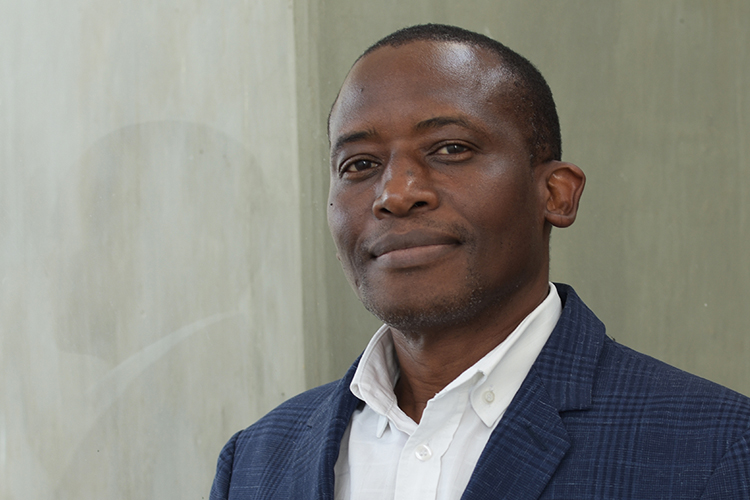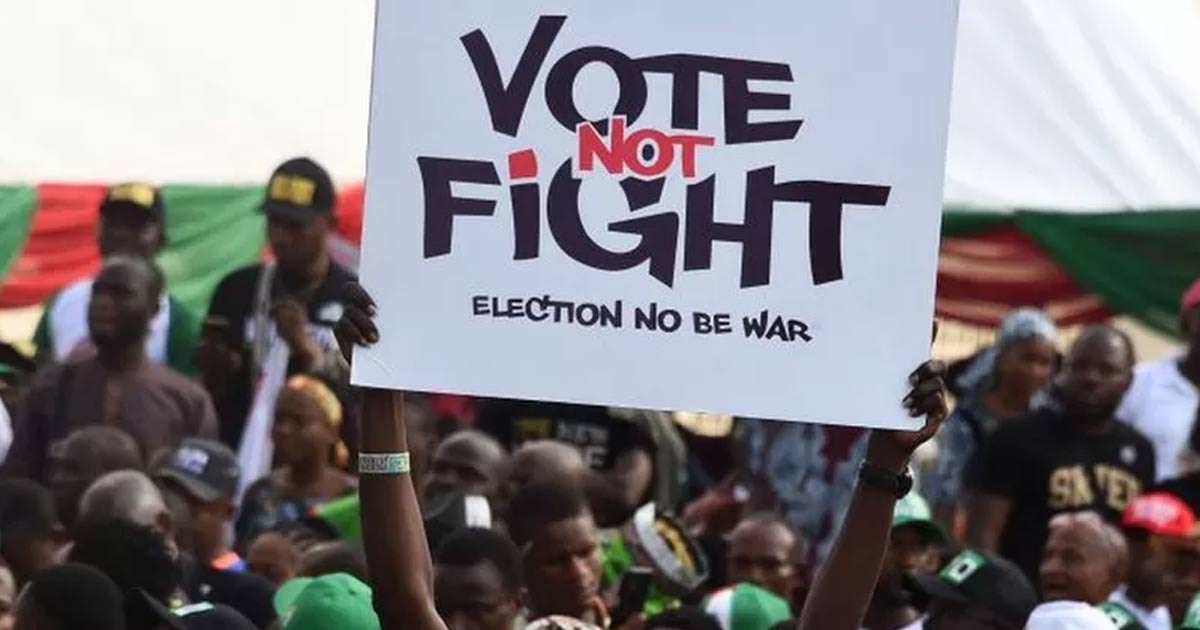The Centre for Human Rights, Faculty of Law, University of Pretoria, is concerned about the unwarranted and unlawful assaults on lawyers using brutal acts of violence and the criminal justice system in two autocratic states preparing for elections within the next two months. The governments of Zimbabwe and Eswatini will hold elections in August and September 2023, respectively, in an atmosphere of fear and intimidation of dissenting voices.
Both states have used the law and violence to silence critical and independent journalists and members of parliament and laws have been enacted to shrink civic space and suppress people’s freedom of expression and association. Recently in Eswatini, two Members of Parliament were convicted on charges of sedition, murder, and treason for speaking out on behalf of the people and calling for change in the governance system. The Zimbabwe government is enacting laws that will suppress civil society working on governance issues and enforcing patriotism by criminalising meetings with foreign governments to expose negative state behaviour.
Silencing outspoken journalists and lawyers
After silencing independent journalists and outspoken Members of Parliament, suppressing civil society and capturing the judiciary, the authorities in Eswatini and Zimbabwe have since focused their attention on lawyers. In January 2023, human rights lawyer Thulani Maseko was assassinated while watching TV with his family in his mother’s home. His killers are yet to be arrested and tried in the courts of Eswatini. In 2014, the Eswatini authorities prosecuted and convicted Thulani Maseko and journalist Bheki Makhubu on contempt of court charges for castigating the lack of judicial independence under the leadership of Chief Justice Ramodibedi. The two were unjustly convicted and sentenced to two years imprisonment, one of the worst examples of disproportionate sentencing in the recent past. They were then eventually released after much international pressure but their spirits were not dampened by the unjust incarceration.
In Zimbabwe, the authorities used similar tactics against independent journalist Hopewell Chin’ono in January 2021. Hopewell was arrested on charges of communicating falsehoods, an offence which was non-existent after the Zimbabwe Supreme Court had struck it down for being unconstitutional. This was Hopewell’s third arrest in the space of six months. He is yet to go on trial on charges of obstructing the administration of justice. As in the case of Eswatini, he is being punished and silenced for exposing corruption, human rights abuses and lack of judicial independence.
After interfering with the independence of the judiciary and silencing the fourth estate the authorities in Zimbabwe turned their attention on prominent human rights lawyers. In April 2023 Citizens’ Coalition for Change (CCC) opposition party leader and prominent lawyer, Advocate Fadzai Mahere, was convicted on charges of “publishing or communicating false statements prejudicial to the state” for posting a video on Twitter alleging that a police officer had killed a baby, even though the law under which she was prosecuted remains non-existent. The weaponisation of the law to silence critics and dissenting voices has been extensively used in Zimbabwe, contrary to the principles of the rule of law.
Persecution of lawyers Job Sikhala and Obey Shava
In July and August 2020, Sikhala and Shava were arrested on different charges. Job Sikhala is a CCC Member of Parliament and lawyer while Obey Shava is a human rights lawyer, who was representing CCC activists Joanna Mamombe and Cecilia Chimbiri upon their arrest on charges of publishing falsehoods prejudicial to the state. Job Sikhala was arrested for inciting public violence with the state alleging that he called on the people of Zimbabwe to stage protests against the government. In June 2022 Sikhala was again arrested on charges of inciting public violence when he called for justice after the brutal murder of CCC activist Moreblessing Ali by a member of the ruling party ZANU PF. In May 2023 the courts in Zimbabwe convicted Sikhala on the inciting violence charge. He has now spent one year in prison and he awaits trial on the other charge of inciting public violence. The conviction and incarceration of CCC’s most vocal party activist means he cannot participate in the upcoming elections on 23 August 2023, violating his right to political participation and governance.
On 5 July Obey Shava was called for a meeting by people who pretended to be clients in need of legal services. When Shava went to meet with the prospective clients, they turned around and started beating him up, breaking his legs in the process. The unknown assailants were driving vehicles without number plates. Shava was attacked for his affiliation with the opposition party CCC and for representing some of its members. The authorities in Zimbabwe must carry out independent investigations and apprehend Shava’s assailants and have them prosecuted before independent and impartial courts.
Lawyers and the judiciary as the last bastion of the rule of law and human rights
According to Principle 16 of the UN Basic Principles on the Role of Lawyers, “Governments shall ensure that lawyers (a) are able to perform all of their professional functions without intimidation, hindrance, harassment or improper interference; (b) are able to travel and to consult with their clients freely both within their own country and abroad; and (c) shall not suffer, or be threatened with, prosecution or administrative, economic or other sanctions for any action taken in accordance with recognized professional duties, standards and ethics.” The Principles further state that “where the security of lawyers is threatened as a result of discharging their functions, they shall be adequately safeguarded by the authorities and lawyers shall not be identified with their clients or their clients' causes as a result of discharging their functions.” Lawyers, like other citizens, are entitled to freedom of expression, association and assembly. These freedoms are protected and guaranteed in the constitution of Zimbabwe and the African Charter on Human and Peoples Rights and the International Covenant on Civil and Political Rights, both to which Zimbabwe is a state party.
Lawyers and the judiciary are the last bastion of rule of law and human rights in any democracy. Lawyers have an obligation to pursue justice, fight for the freedom and rights of their clients without fear of reprisals. Governments must ensure a conducive environment is established for lawyers to effectively deliver on their mandates. All persons have a right to seek legal representation from any lawyer of their choice and the state must not interfere with their choices. The crackdown against lawyers fighting for the rights of all people is an act of fear and cowardice by these two autocratic states.
Centre’s call
The Centre for Human Rights calls on the authorities in Eswatini and Zimbabwe to:
- protect all lawyers from attacks and persecution and enable them to represent any client seeking legal representation without fear of reprisal.
- guarantee parliamentary privilege and ensure that Members of Parliament are not persecuted for speaking out on behalf of their constituencies.
- protect the independence of the media and judiciary and ensure that investigative journalists are not prosecuted for playing their role of informing, and exposing corruption and human rights abuses.
- ensure that lawyers are not identified with their clients’ causes and investigate the brutal assaults and killings of human rights lawyers and hold the perpetrators accountable.
For more information, please contact:

Centre for Human Rights
Tel: +27 (0) 12 420 3228
Fax: +27 (0) 86 580 5743
frans.viljoen@up.ac.za

Centre for Human Rights
Tel: +27 (0) 12 420 3810
Fax: +27 (0) 86 580 5743
lloyd.kuveya@up.ac.za
